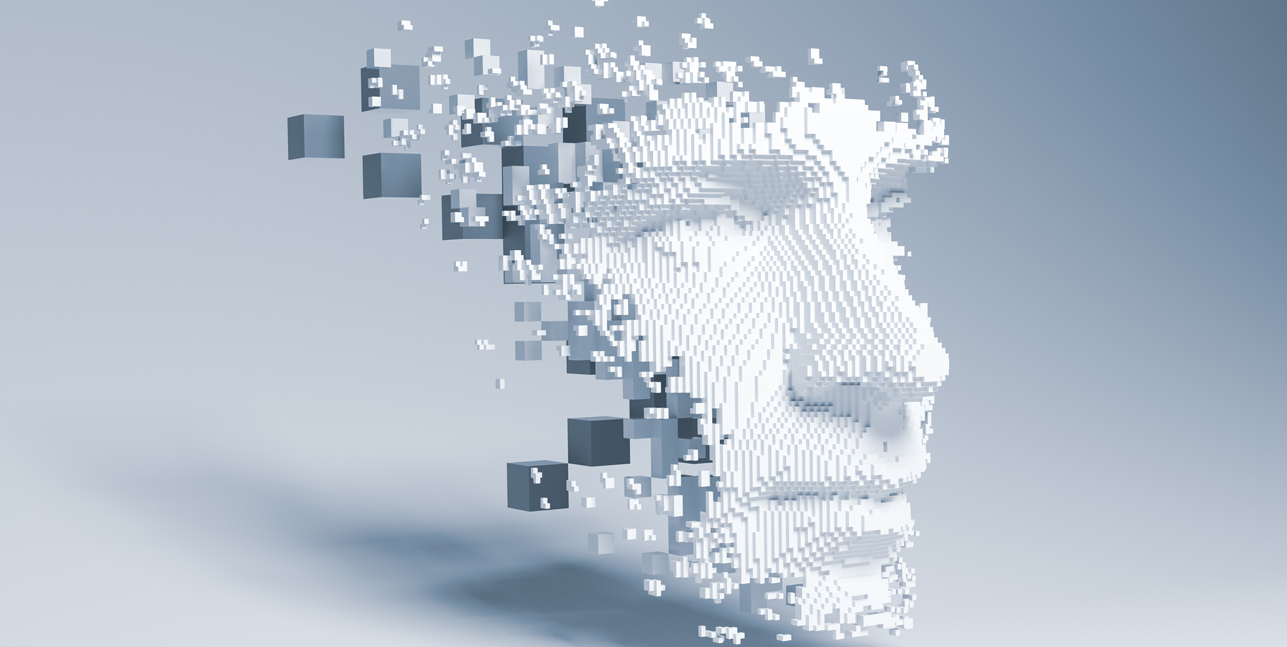AI-Powered Blockchain Governance: The Rise of Decentralized Intelligence
As blockchain ecosystems evolve, decentralized governance has become a fundamental challenge. Traditional governance models often suffer from inefficiencies, voter apathy, and decision-making bottlenecks. The integration of Artificial Intelligence (AI) into blockchain governance presents a transformative solution—one that ensures fairness, security, and efficiency in Decentralized Autonomous Organizations (DAOs) and other blockchain-based systems.
AI-Driven On-Chain Voting & Governance
One of the key issues with DAO governance is the inefficiency and vulnerability of human-driven voting systems. AI can enhance governance by:
- Optimizing Voting Participation: AI-powered incentive structures can encourage higher voter engagement by analyzing user behavior and tailoring rewards accordingly.
- Reducing Manipulation Risks: AI can detect and prevent Sybil attacks, vote-buying schemes, and collusion by analyzing voting patterns and anomalies.
- Automating Proposal Evaluation: AI can assess the feasibility and impact of governance proposals before they are put to a vote, ensuring informed decision-making.
By implementing AI-driven on-chain voting, DAOs and blockchain communities can achieve higher transparency, reduced bias, and more democratic decision-making.
Predictive Analytics for Policy Formation
Blockchain governance requires forward-thinking policies that adapt to changing environments. AI-driven predictive analytics can revolutionize governance by:
- Analyzing Historical Data: AI can review past governance decisions, assessing their long-term outcomes and recommending improvements.
- Simulating Policy Scenarios: AI can run simulations to predict the impact of proposed governance changes before they are enacted, reducing unintended consequences.
- Detecting Systemic Risks: AI can identify emerging risks in governance structures, helping DAOs preemptively adapt policies to mitigate threats.
With predictive analytics, blockchain governance can transition from reactive to proactive, ensuring resilience and adaptability in decentralized networks.
AI as a Neutral Governance Arbitrator
Disputes and conflicts within decentralized ecosystems can slow down decision-making and create governance crises. AI can serve as a neutral arbitrator by:
- Providing Objective Conflict Resolution: AI-powered smart contracts can assess governance disputes and recommend resolutions based on pre-established rules and past precedents.
- Ensuring Compliance & Transparency: AI can automatically audit governance processes, flagging any discrepancies or biases that might emerge.
- Facilitating Efficient Decision-Making: AI models can aggregate community sentiment and historical governance trends to suggest balanced solutions.
By serving as an unbiased arbitrator, AI enhances trust, fairness, and efficiency in decentralized governance structures.
Conclusion: A Future of Autonomous, Intelligent Governance
The integration of AI in blockchain governance is not just an innovation—it is a necessity for the long-term sustainability of DAOs and decentralized systems. AI-powered governance brings:
- Smarter, data-driven policy formation
- Transparent, tamper-proof voting mechanisms
- Neutral, efficient arbitration in governance conflicts
As blockchain technology continues to evolve, AI-driven decentralized intelligence will ensure autonomous, fair, and highly adaptive governance models, paving the way for a truly decentralized future.
